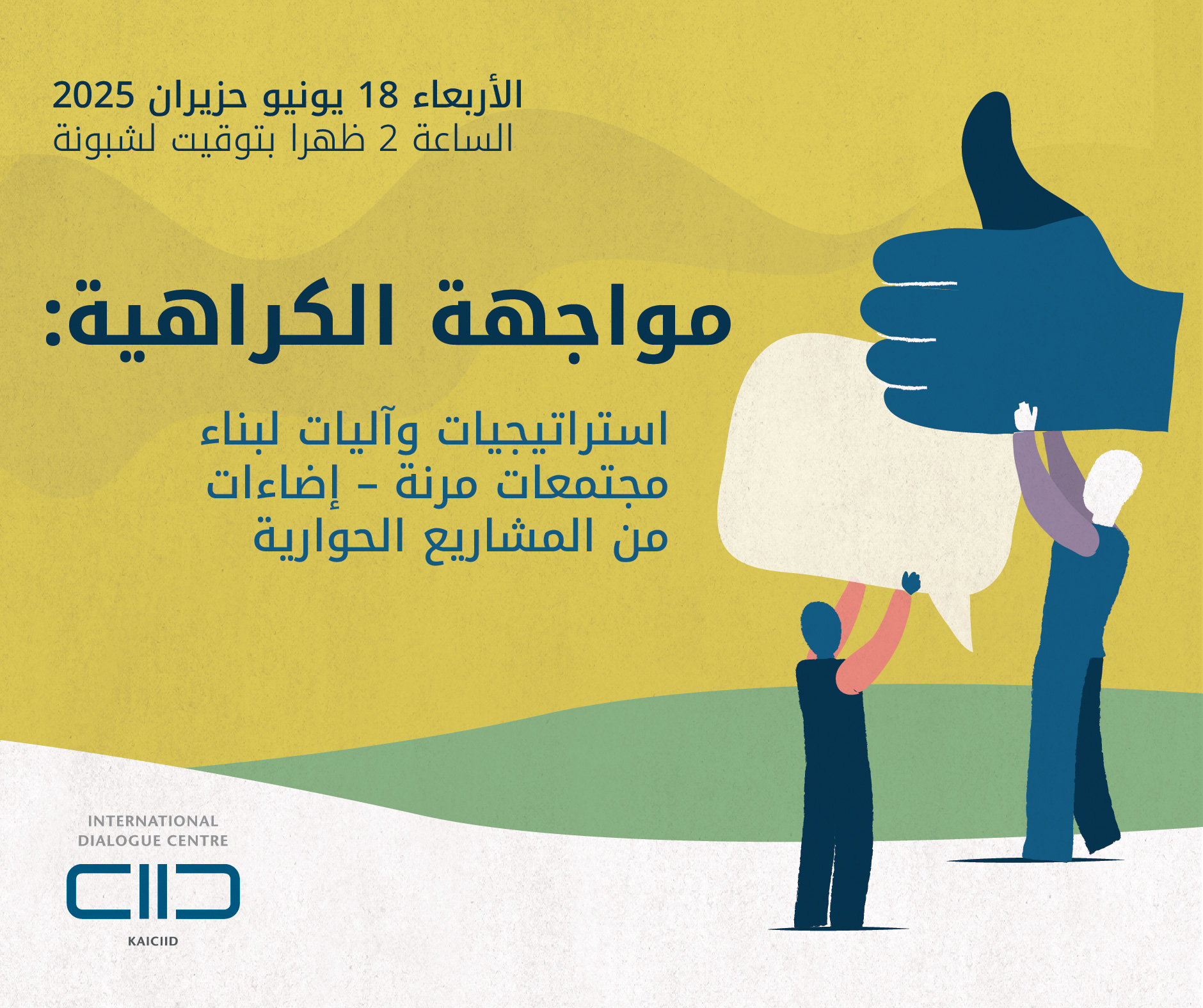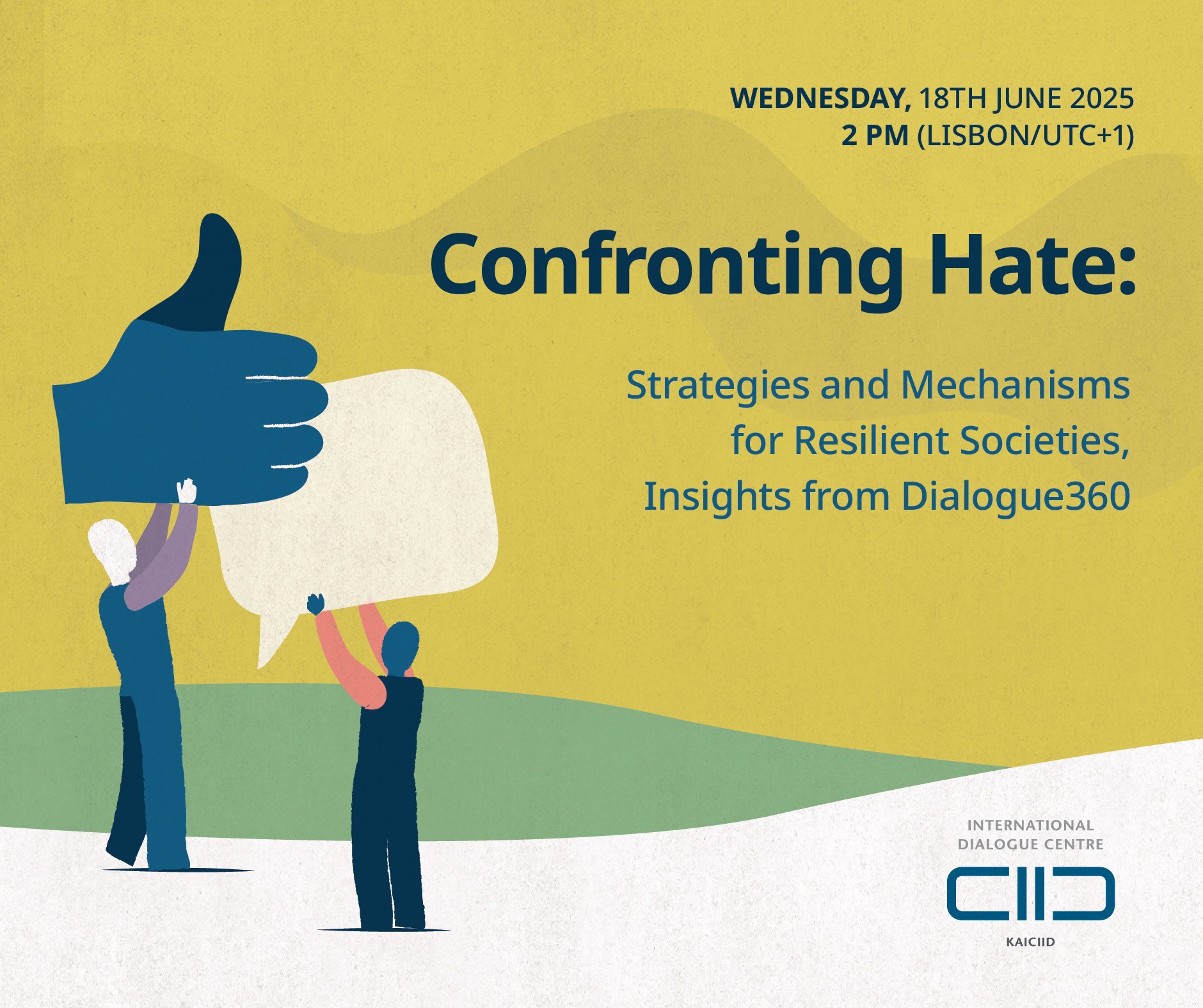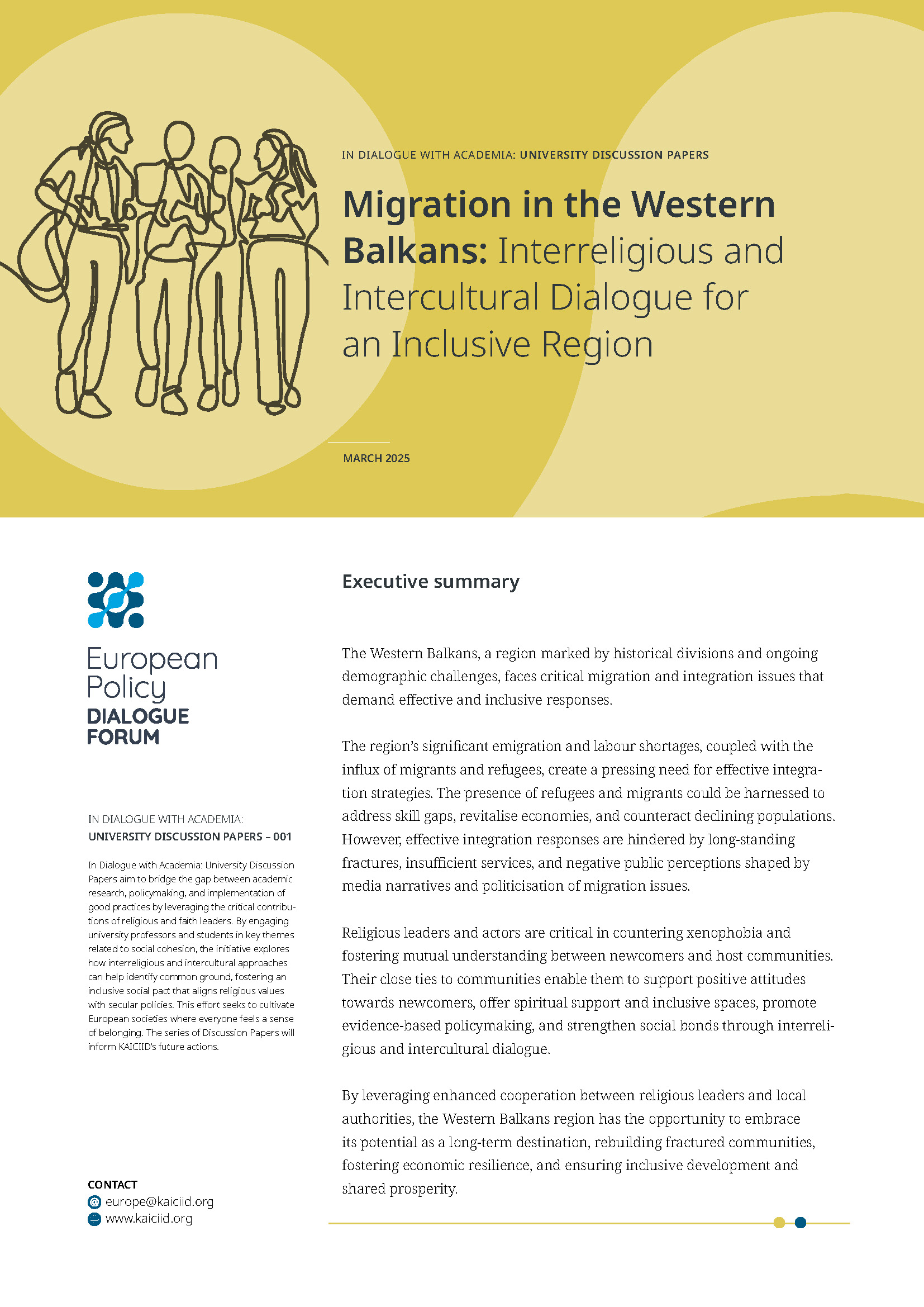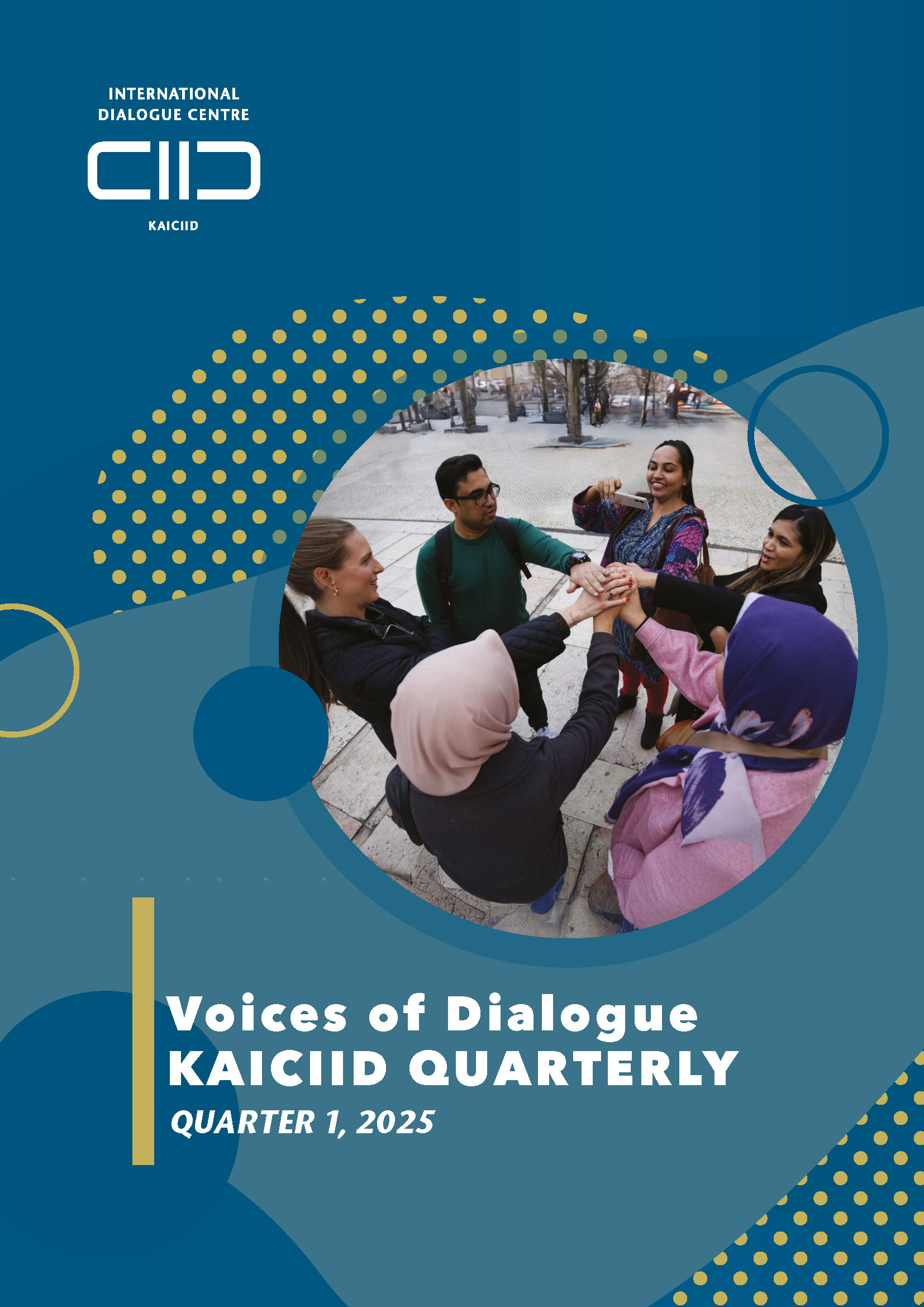Hate speech continues to pose a significant threat to peace and social cohesion, especially in regions facing political polarization and identity-based conflict. This upcoming webinar, part of the Dialogue360 series and scheduled in alignment with the United Nations International Day for Countering Hate Speech, observed on 18 June, will explore practical, context-driven strategies to prevent and counter hate speech, drawing on insights from the newly published Strategies for Confronting Hate Speech: Tools and Mechanisms for Effective Response. Designed for educators, media professionals, policymakers, and civil society actors, the session will highlight innovative tools, real-life case studies, and mechanisms for promoting inclusive public discourse across the Arab region.
Engage with Experts, Build Knowledge, and Inspire Action
Led by authors of the book, Dr. Hani Dawah and Dr. Houda Lahkim Bennani—and moderated by journalist Michael Fares, the 60-minute session will provide valuable resources and inspire participants to take action in their own communities. Whether you are looking to strengthen local initiatives, shape effective policy, or simply gain a deeper understanding of hate speech and its impact, this is an opportunity to engage in meaningful dialogue and peer learning with others committed to building more resilient and inclusive societies.





